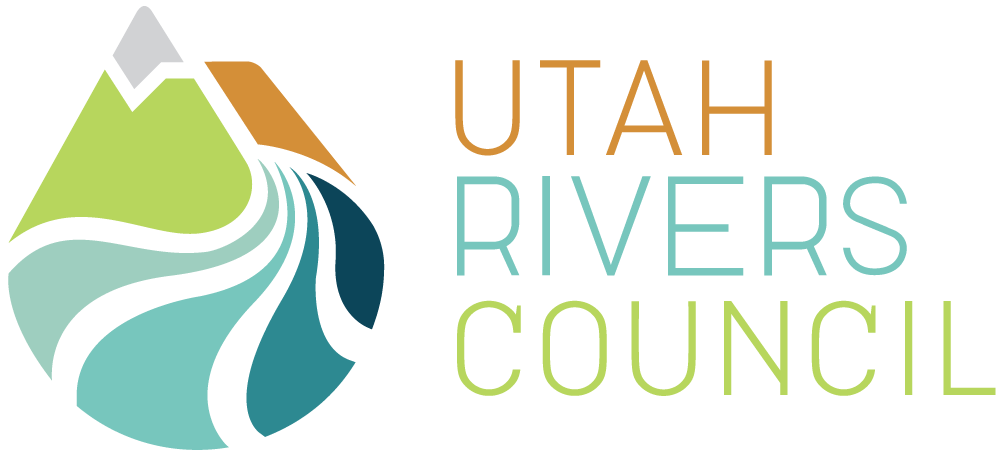A Coalition of Businesses and Nonprofits Request Redacted Cost Estimate for Lake Powell Pipeline as Legislature Considers Budget Cuts
PRESS RELEASE:
How Many Public Services Face Funding Cuts to Make Way for Lake Powell Pipeline Spending?
Salt Lake City, UT - As Utah legislative leaders convene this week to reduce funding for essential needs like education and social services because of the pandemic, the question on many people’s minds is how much of this is being done to make way for the multi-billion dollar Lake Powell Pipeline.
A group of nonprofits and businesses is worried that a state water agency is intentionally withholding cost estimates from Utahns because of public criticism of cutting public services to make way for Pipeline spending.
A 2019 Legislative Audit on the Pipeline estimated it would cost $2.4 billion, but noted that the 2020 Environmental Impact Study would have more detailed cost figures. Instead, the Utah Division of Water Resources refused to provide details about how it estimated Pipeline costs and cited private emails and other material which was not released to the public for review with the rest of the DEIS. The Division 2015 Pipeline cost estimate is $1 billion less than the 2019 Audit cost estimate. The agency also redacted some 36 pages of engineering information from the Impact Study.
Today, a coalition of nonprofits and businesses submitted a GRAMA request to the Utah Division of Water Resources to determine how much the 140 mile-long Lake Powell Pipeline will cost Utahns. The groups submitted the GRAMA requests below to the Division of Water Resources, seeking the 2015 cost study and the redacted pages from the Impact Statement.
“Utah taxpayers have spent $36 million on the Pipeline and we deserve to know how much it costs, especially since public services are being cut to make way for Pipeline spending during this pandemic economy”
“Utah politicians are plowing ahead with their plans to dump billions of dollars for a pipeline most Utahns don’t want to pay for, while continuing to underinvest and cut budgets in areas Utahns actually support. Utahns show time and again that they want their elected leaders to prioritize issues like education, healthcare, and air quality. We should be focusing on these things that Utahns want and need, especially during the current pandemic, rather than committing to fund the outrageously expensive and harmful Lake Powell Pipeline. Entire pages of financial information about the pipeline are kept in the shadows, and Utahns deserve some sunlight on this project and its costs so they can be meaningfully informed before it is built.”
“Access to complete information, especially in times of heightened uncertainty and confusion like we now find ourselves, is important to decision making. All Utahns and members of communities across the southwest have a fundamental need to know and understand what is at stake with the Lake Powell Pipeline.”
“Transparency is critically important if policymakers, the press, and the public are to determine whether the Lake Powell Pipeline is in Utah’s best interest. Infrastructure investments are important to the quality of life and standard of living of the next generation. But they must be cost-effective uses of taxpayer dollars, and that can only be determined if all the facts and data are available for public scrutiny.”
The $2.4+ billion Lake Powell Pipeline is a massive new diversion of Colorado River water that is completely unnecessary for Utah’s future. The Pipeline would siphon between 83,000 and 86,000 acre- feet of water annually from the shrinking Lake Powell and pump it 2000 feet uphill and across 140-miles of pristine desert to some of America’s nation-leading water users in Washington County in southwest Utah. The Pipeline is being proposed by the Utah Division of Water Resources, under the Governor’s office, and will saddle Washington County residents with billions of dollars of debt, while leaving Utah taxpayers to foot the bill.
The Bureau of Reclamation has released a Draft Environmental Impact Statement on the project it is accepting comments on until September 8. A decision on the project is expected in early 2021, according to the Bureau.


